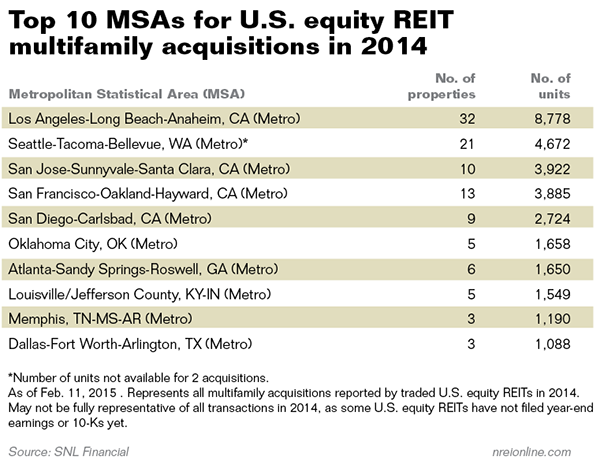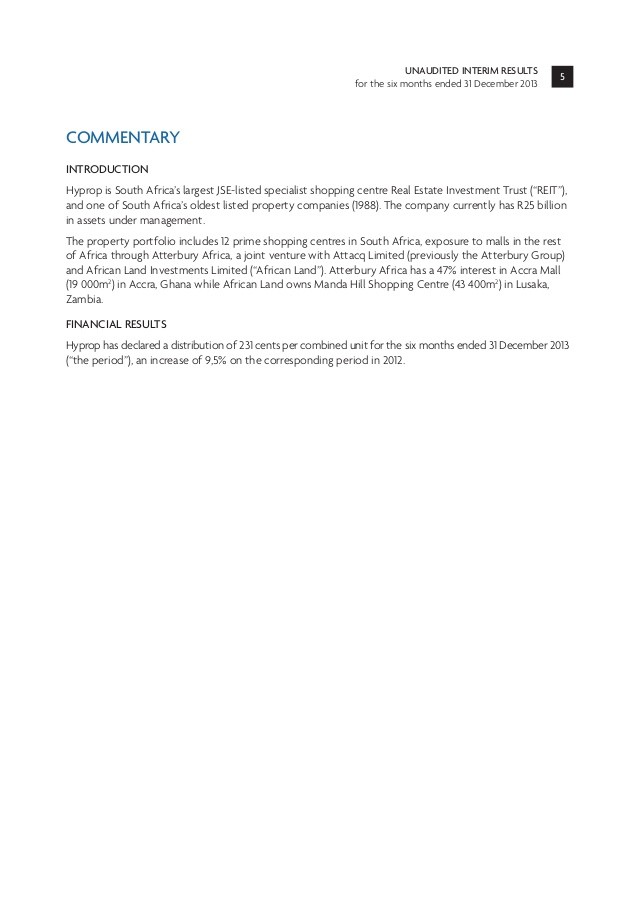An Introduction to Real Estate Investment Trusts (REIT’s) in Kenya
Post on: 11 Апрель, 2015 No Comment

A Real Estate Investment Trust (REIT) is a collective investment scheme, which enables several investors to pool their savings to invest in real estate in order to realise economies of scale, scope, diversify their portfolio risk and invest passively by using a regulated professional REIT Manager.
Kenya is the third African country to establish a real estate investment trust (REIT) as an investment vehicle LEGAL NOTICE NO. 116 of 18 th June 2013 Capital Markets (REITs Collective Investment Schemes) Regulations 2013.
A REIT is an entity that mainly owns, develops or operates income producing real estate, such as apartments, shopping centres, offices, hotels and warehouses. REITs have two main characteristics:
- The bulk of their assets are in real estate; and
- They distribute a large percentage of their income to their shareholders.
These regulations aim to introduce two types of REIT. According to Regulation 8, a REIT may be structured as:
- a development and construction real estate investment trust scheme (D-REIT); or
- an income real estate investment trust scheme (I-REIT).
The distinction between D-REIT and I-REIT schemes is in their objectives.
Unique to the regulations is the introduction of an Islamic REIT to cater for persons of the Islamic faith. An Islamic REIT must comply with the Capital Markets Act and the conditions stipulated in the regulations. This creates a valuable investment asset class especially for channelling retirement savings or Retirement Fund managers to invest in accordance with the Islamic faith’s prohibition of interest.
Eligible investors
Investor eligibility is determined by the type of REIT in which the investor wishes to invest. In respect of a D-REIT, offers to invest may be made only to professional investors and may be transferred only to a party to whom the REIT securities could have been issued or offered. A D-REIT must have a minimum of seven investors.
An offer to invest in an I-REIT can be made either as a restricted offer or an unrestricted offer. A restricted offer can be made to professional investors only. An unrestricted offer can be made to any investor.
Formation and structure of REIT’s
For a company to operate as a REIT, it must apply to the Capital Markets Authority which after considering the application and determining that the scheme does not have a name that is undesirable or misleading, make an order declaring a proposed REIT scheme to be an authorised scheme. A REIT can be a close-ended or open-ended REIT.
A close-ended REIT issue a specific number of shares through an initial public offering and do not issue new shares as investor demand grows. Prices are not determined by the net asset value (NAV) of the fund, but are driven by investor demand.

An open-ended has no limit to the number of shares the fund can issue; as more investors buy into the fund, more shares are issued, hence purchases and sales of fund shares take place directly between investors and the fund company. This requires a daily valuation process, called marking to market. which subsequently adjusts the funds per-share price to reflect changes in portfolio (asset) value. The value of the individuals shares is not affected by the number of shares outstanding.
Prospectus and offering memorandum
Promoters of REITs have two ways of inviting potential investors to invest in a scheme:
- through a prospectus, where the invited investors are not professional investors; or
- through an offering memorandum, where the offer is made to professional investors.
The management of a REIT must be undertaken by a trustee and a REIT manager. A trustee must be licensed by the Capital Markets Authority as a REIT trustee, and may be a bank, bank subsidiary or another company or corporation as may be licensed by the Capital Markets Authority with sufficient financial, technical and operational resources and the experience necessary to conduct business effectively and carry out its obligations as a REIT trustee. The primary roles of a trustee are:
- to protect the assets of the trust;
- to act in the best interests of the beneficiary; and
- to appoint the REIT manager. Every REIT must have a REIT manager. To be eligible as a REIT manager, the proposed manager must be licensed by the Capital Markets Authority.
Taxation of REIT’s
As in other jurisdictions, there are a number of tax incentives for investments made in REITs. The proposals intend to exempt REITs from corporation and income tax, except for the payment of withholding tax on interest from income. It is further proposed to exempt promoters that transfer property into a scheme in exchange for units from paying stamp duty. Section 20 (i) Income Tax Act Kenya see extract below:-
“20 .(1) Subject to conditions specified by the Minister under section 130-
(a) a unit trust; or
(b) a collective investment scheme set up by an employer for purposes of receiving monthly contributions from taxed emoluments of his employees and investing them primarily in shares traded on any securities exchange operating in Kenya,
(c) a real estate investment trust
registered by the commissioner, shall be exempt from income tax except for the payment of withholding tax on interest income and dividends as a resident person as specified in the Third Schedule to the extent that its unit holders or shareholders are not exempt persons under the First Schedule.
(2) All distributions of income, and all payments for redemption of units or sale of shares received by unit holders or shareholders shall be deemed to have been already tax paid.”
REIT’s provide a valuable investment asset class, especially for Sharia Compliant Islamic REIT’s which enable Muslim’s to have their savings and retirement benefit funds channelled in accordance with their faith, mobilise collective savings in order to invest in larger projects especially for housing projects for low income earners, which have significant tax advantages. Furthermore, new residential housing developments have not kept up with demand, hence real estate developments are likely to appreciate or maintain their values in the near future. REIT’s are a good way of long term of mobilising funds, especially for retirement benefit schemes.
CAVEAT
No offering for investment in REIT’s is made or intended by this document. This document includes information believed to be true and in good faith. The governing laws and regulations include IncomeTax Act Kenya, Capital Markets Authority Act Kenya and its regulatory Legal Notices. These are the writers opinion’s and do not represent the views of the firm and companies he is associated with. Any investment decision should be made after taking advice from a CMA licenses Investment Advisor.














